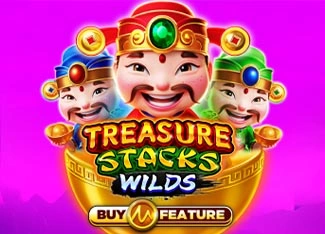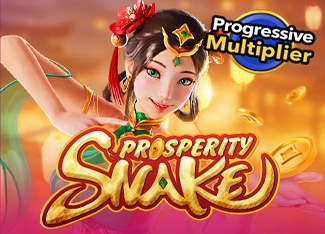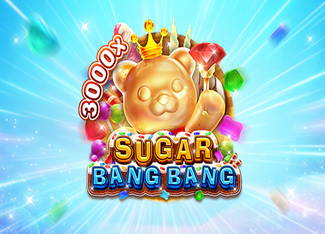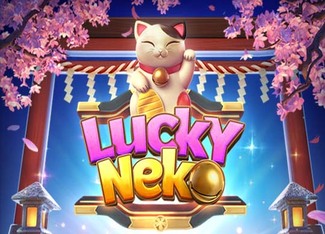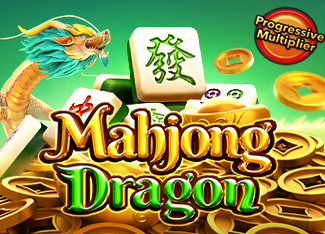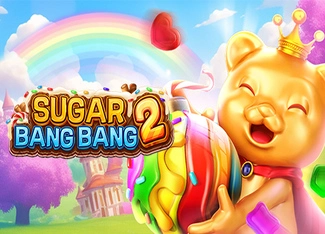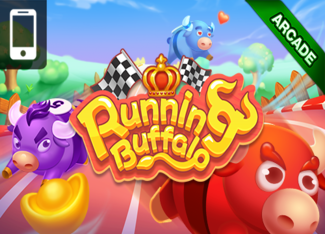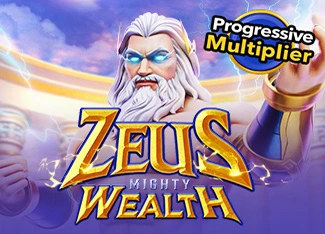


















368MEGA: Situs Slot Terpercaya Deposit Qris 5k Tanpa Potongan
368MEGA situs slot terpercaya deposit qris 5k tanpa potongan menjadi pilihan utama bagi para penggemar slot online yang mengutamakan kemudahan dan keamanan transaksi. Dengan minimal deposit hanya 5 ribu melalui Qris, pemain bisa langsung menikmati berbagai permainan slot gacor tanpa harus khawatir soal potongan biaya tambahan. Keunggulan ini menjadikan 368MEGA sebagai situs slot terpercaya yang menawarkan kenyamanan dan transparansi, memastikan setiap pemain merasa aman dan puas saat bermain.
Tidak hanya soal transaksi yang praktis, 368MEGA juga dikenal sebagai situs slot yang menyediakan koleksi permainan lengkap dari penyedia terkemuka, dengan peluang menang besar dan bonus menarik setiap harinya. Keamanan data dan dana pemain menjadi prioritas utama, sehingga tidak heran jika situs ini terus dipercaya dan digunakan oleh ribuan pemain setia. Jika Anda mencari platform slot deposit 5k tanpa potongan yang terpercaya dan menguntungkan, 368MEGA adalah pilihan tepat untuk mendapatkan hiburan berkualitas dan peluang kemenangan maksimal.










































